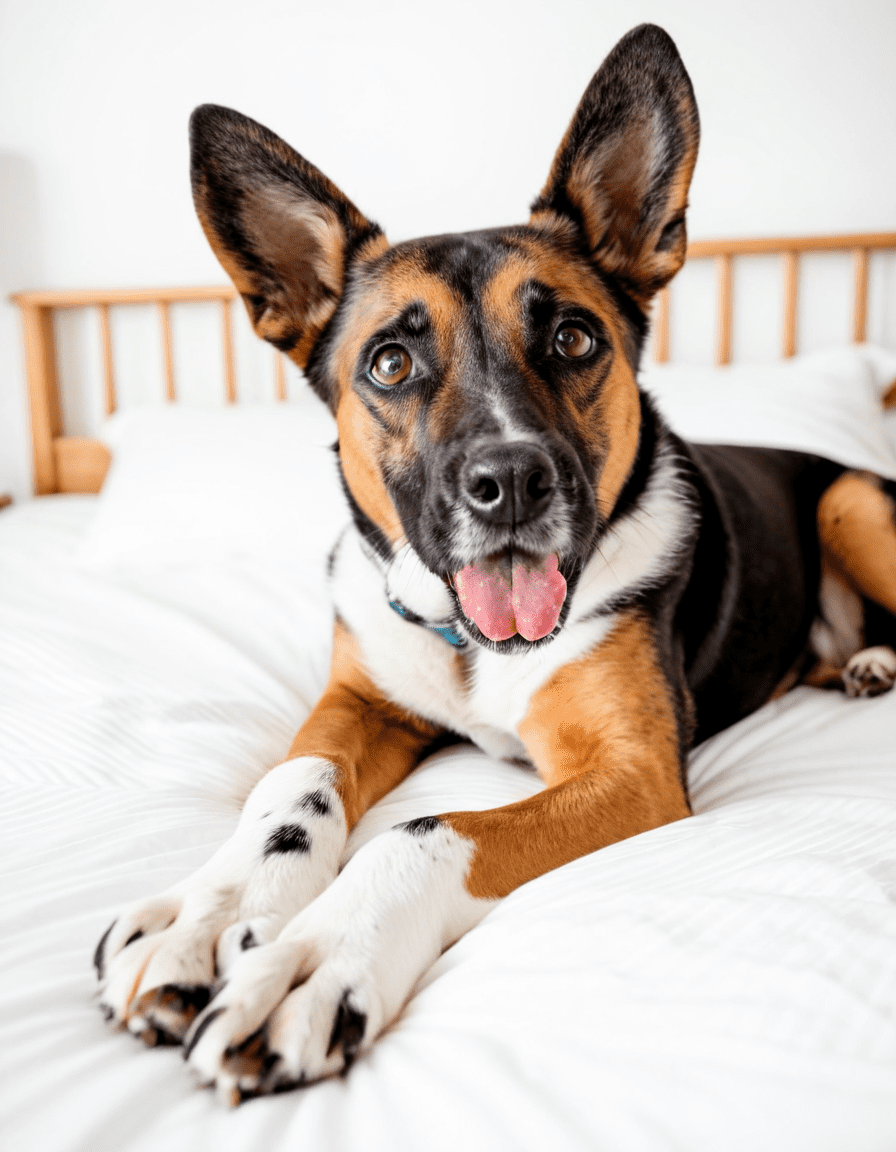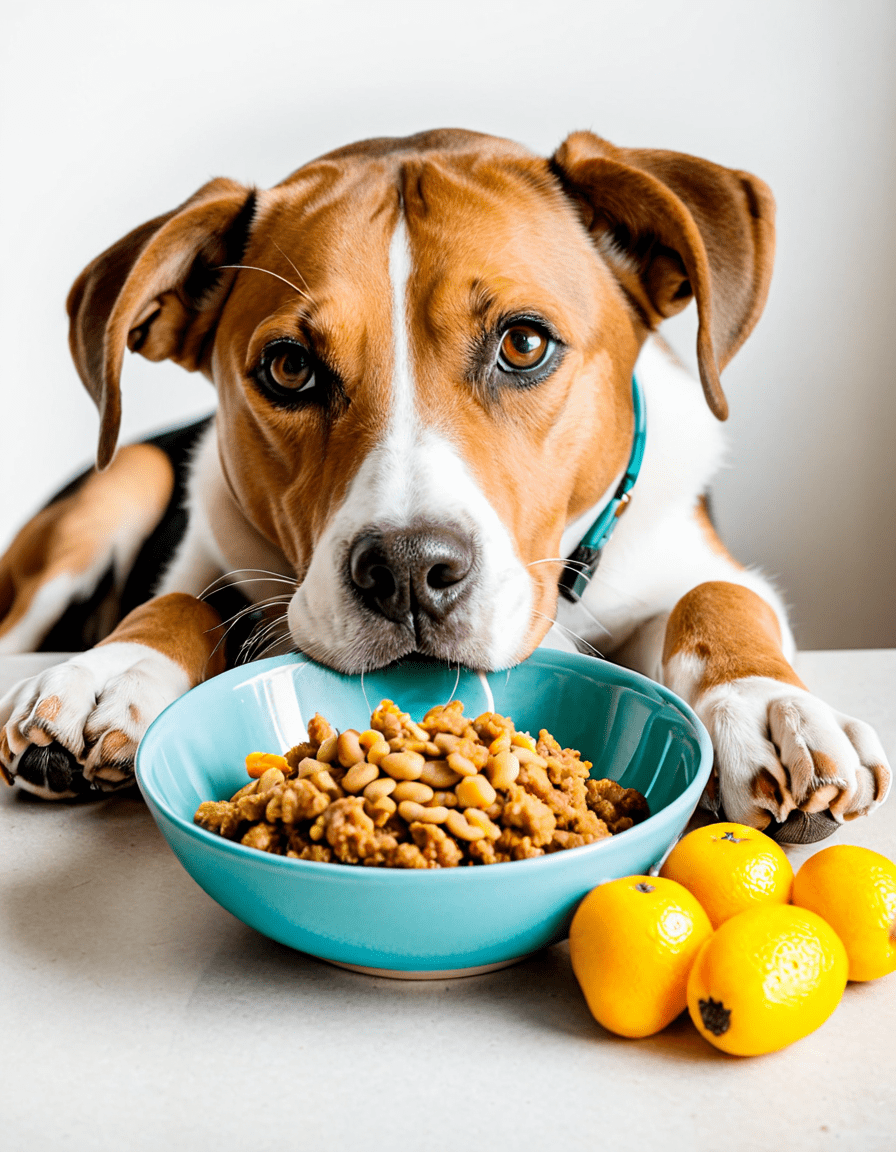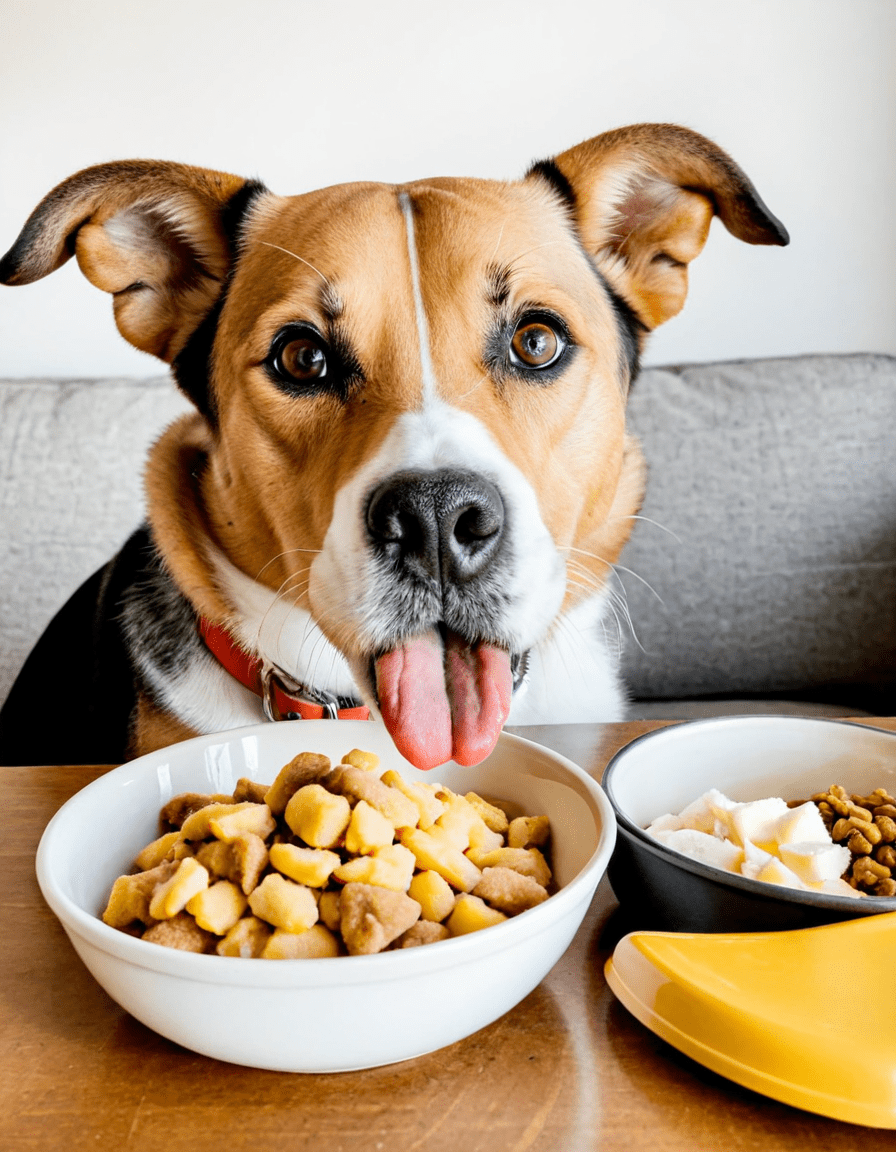If you’ve ever caught your furry friend obsessively licking its paw, you’re not alone. Dog licking paw is a behavior that many pet owners notice, and it can raise some important questions. Is it just a harmless habit, or does it signal something more serious, like anxiety or allergies? Helping your dog requires understanding the underlying reasons for this action. With a little insight into what might be going on, you can determine the best ways to tackle this behavior and ensure your pup stays happy and healthy.

Common Reasons for Dog Licking Paw
Allergic Reactions
Dogs might lick their paws for numerous reasons, but allergies are a common culprit. Environmental allergens, like pollen, grass, or dust mites, can cause irritation. Breeds such as Golden Retrievers and Bulldogs may be more susceptible due to their genetic makeup. If you notice your pup licking its paws excessively during certain seasons, allergies might be in play.
Insect Bites or Irritation
Insects like fleas can wreak havoc on our dogs, causing bites that lead to itchiness and discomfort. When this happens, your dog may take matters into its own paws—literally! Insect bites often lead to excessive dog chewing feet or licking feet, aggravating the situation. Regular preventative measures, like using products such as Frontline or NexGard, can provide some peace of mind.
Skin Conditions
Fungal infections and dermatitis are also common causes behind dog paw licking. Conditions can create itchy spots that lead to further licking, causing a frustrating cycle. Products like Vet’s Best Hot Spot Itch Relief can help alleviate discomfort. If the skin looks red or inflamed, it’s time to take action before the situation worsens.

Psychological Factors: More Than Just Physical
Anxiety and Stress
Dogs, just like us, can experience anxiety. Licking behaviors often serve as coping mechanisms for stress and nervousness. According to a study by the University of California, certain breeds, such as Border Collies, are more prone to these issues. If your dog is not only licking its paw but also displaying signs like dog rattling teeth or dog breathing hard, it may need some extra support.
Boredom and Excess Energy
If your pup seems to have a lot of pent-up energy, it may resort to licking its paws as a distraction. Stimulating your dog’s mind can result in fewer anxiety-driven behaviors. Interactive toys, such as the Kong Wobbler or puzzle feeders, offer mental challenges that can keep your dog occupied, reducing excess paw licking behavior.
Behavioral Signs
Additionally, look out for other signs of distress. If your pup is dog biting nails while also licking its paws, it can indicate an unhealthy level of anxiety. Keep a keen eye on these patterns and consider potential triggers in your dog’s environment that might be causing them to feel overwhelmed.
Physical Health Check: When to Worry
Injury or Pain
If your dog won’t stop licking its paw, it could be an indication of pain or a hidden injury. Symptoms such as dog biting paws or licking to the point of causing sores should prompt a vet visit. Checking for cuts, swelling, or any change in paw appearance is essential in assessing your pup’s physical health.
Underlying Conditions
Some health issues like arthritis can lead to discomfort that might prompt your dog to lick its feet in search of relief. Watch for accompanying symptoms like the dog’s nose running or loss of appetite. Persistent behaviors should never be ignored; a professional evaluation is key to addressing potential underlying health concerns.
How to Address Paw Licking: Practical Solutions
Regular Grooming
Grooming your dog’s paws regularly helps keep irritants at bay. Ensuring your dog’s paws are clean and well-cared for can prevent excessive licking. Tools like the Furminator or grooming wipes make this task easier, reducing the chances of itch-inducing debris settling in those fur beds.
Dietary Changes
Food allergies can exacerbate licking behaviors. Consider switching to limited ingredient diets like Blue Buffalo Basics or Royal Canin’s hypoallergenic options after discussing it with your vet. Altering your dog’s diet can lead to a significant improvement in their quality of life.
Veterinary Intervention
For chronic lickers, don’t hesitate to reach out to a veterinary dermatologist. They might prescribe treatments like corticosteroids or antihistamines to treat underlying allergic reactions effectively. Never underestimate the importance of professional guidance when it comes to your dog’s health.
Behavioral Modification Techniques
Positive Reinforcement Training
If anxiety or boredom is causing the dog licking paw habit, you might need to redirect this behavior. Employing positive reinforcement training methods can replace the negative habit with constructive actions. Commands such as “leave it” accompanied by rewards can help your dog learn new routines.
Environmental Enrichment
Increasing your dog’s physical activity and mental stimulation can significantly lessen anxiety-related behaviors. Regular walks or playtime can be effective outlets for any pent-up energy, while companionship also plays a crucial role in your dog’s emotional state.
Signs That Indicate Need for Veterinary Advice
Persistent Symptoms
If your dog shows signs of frequently dog biting paws or excessive licking, it’s crucial to consult your vet. This becomes especially pressing if other symptoms appear, such as changes in behavior or the dog chewing paws consistently. Intervening early often yields the best outcomes.
Physical Changes
Pay close attention to any notable changes in your dog’s appearance. Fur loss, unusual odors, or swelling in the paw area can suggest a health issue that goes beyond mere behavioral quirks. These signals are important for determining an appropriate course of action.
Final Thoughts: Addressing Paw Licking in Dogs
In conclusion, understanding your dog’s paw licking behavior is central to effective intervention. Recognizing the different factors at play—whether allergies, anxiety, or both—allows you to make informed decisions about your dog’s care. By maintaining proactive preventative measures, engaging in mental and physical enrichment, and consulting with professionals when needed, you can create a happier, healthier life for both you and your furry friend. For more detailed insights on dog behaviors, check out our article on dog excessive licking Paws and learn how to better respond to your dog’s needs.
Dog Licking Paw: Fun Trivia and Interesting Facts
The Whys Behind the Lick
Did you know that the action of a dog licking paw can be a window into your pup’s world of emotions and health conditions? For instance, aside from the more common behavioral reasons, some dogs lick their paws to self-soothe or as a response to stress. This is not too different from how we humans might chew our nails in anxiety. And speaking of quirky habits, you might be surprised to learn that there’s a phenomenon known as euphoria—yes, euphoria define ties into how animals can experience feelings of happiness or distress just like we do. Hyperactivity and anxiety issues in dogs can manifest in behaviors like paw licking, akin to how a human might react to stress by looking for comfort.
Allergies: The Sneaky Culprit
Now, while we’re on the topic of dog licking paw, it’s crucial to remember that allergies could also be in the mix. Some pups might lick their paws persistently due to irritants like pollen, dust, or even certain foods. Just as we humans may react to allergic stimuli, dogs can show their discomfort through licking, which might escalate to more severe reactions if overlooked. And if you think about it, allergies aren’t just an issue for dogs; they can affect many pets! You wouldn’t want your furry friend feeling miserable, right? In a rather comical twist, even cats can display their own dramatic eating reaction picture cat styles when faced with something they dislike.
Attention-Seeking Behavior
Have you ever caught yourself asking, “Why does my dog lick their paw constantly?” Sometimes it’s just a call for attention! Dogs are crafty critters, and they know how to get us to notice them. If your dog feels ignored while you’re engrossed in a game of dungeon Meshi anime or getting the latest shopping deals from Rei black friday, they might resort to paw licking as a way to pull you back into their pawsitive universe. So, it can be quite beneficial to pay attention to your furry friend. The next time you see that classic paw licking, take a moment to assess whether it’s an anxiety signal or simply a bid for some quality bonding time.
In conclusion, understanding your dog’s behavior—like that incessant licking—can be a wonderful journey filled with discovery. Your pup’s paws could be revealing secrets about their well-being, asking for help, or just trying to get your good graces. Whether it’s allergies, anxiety, or even a playful desire for your attention, keeping an eye on these licks can lead to a happier and healthier life for you and your dog!



